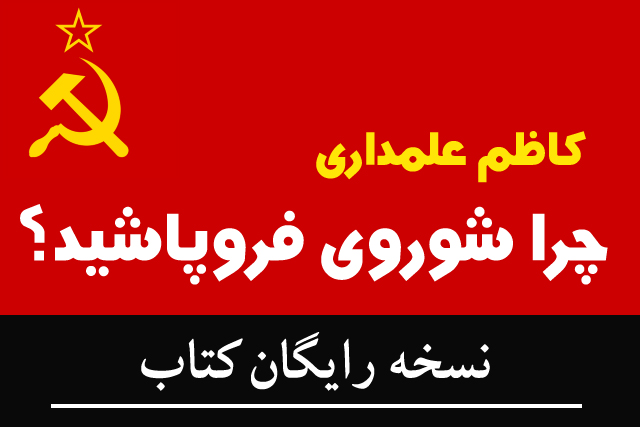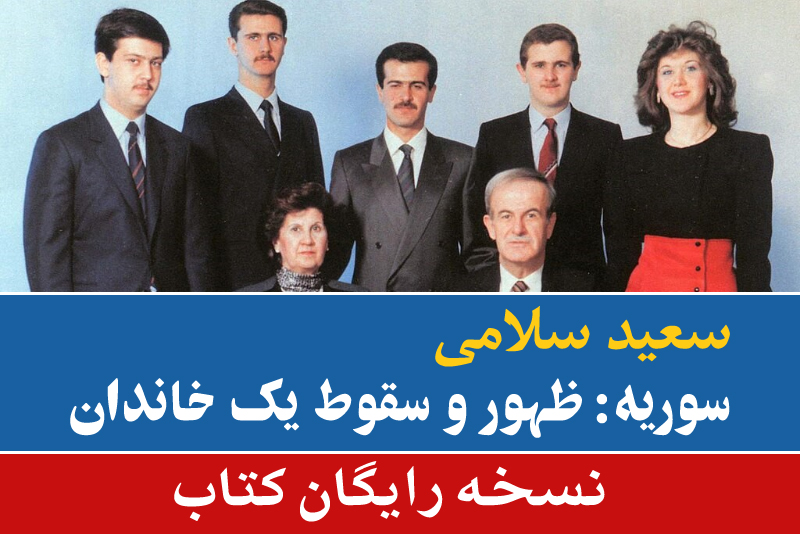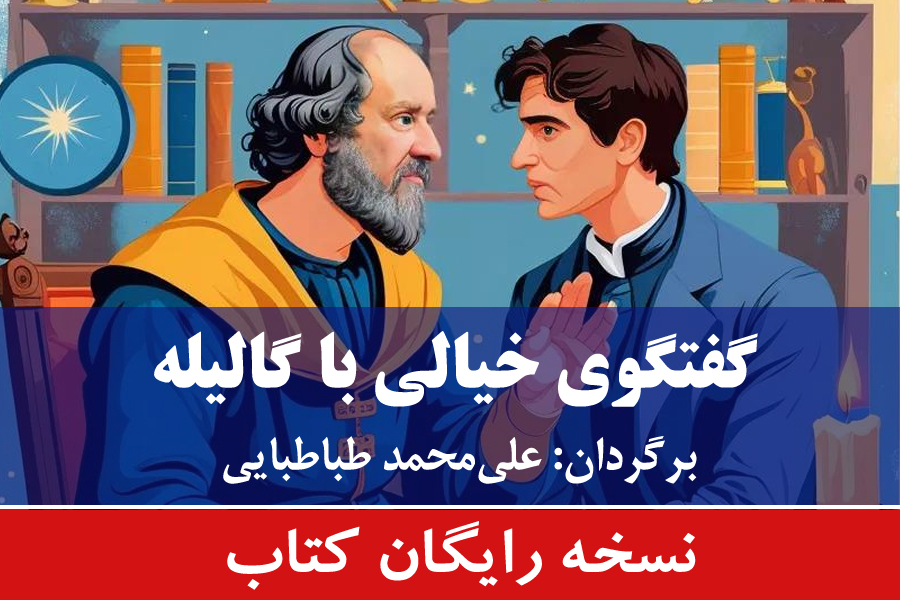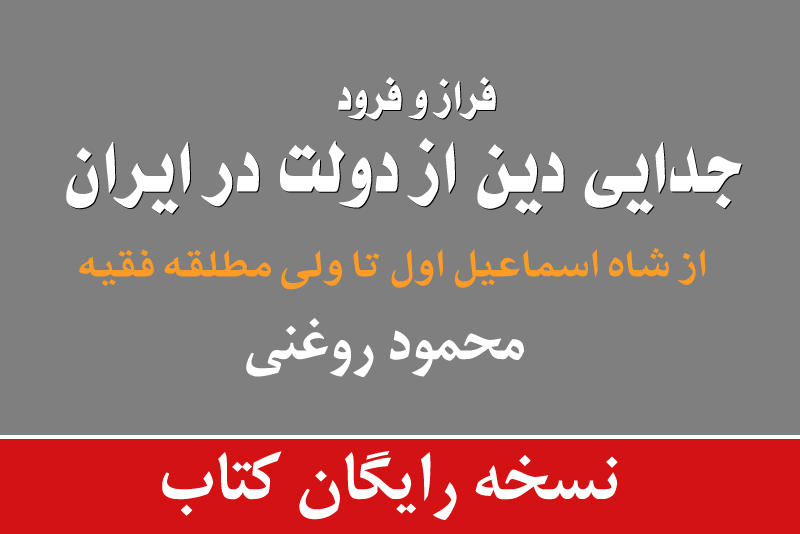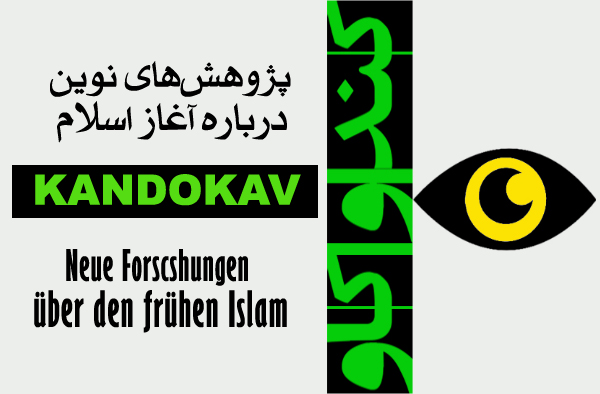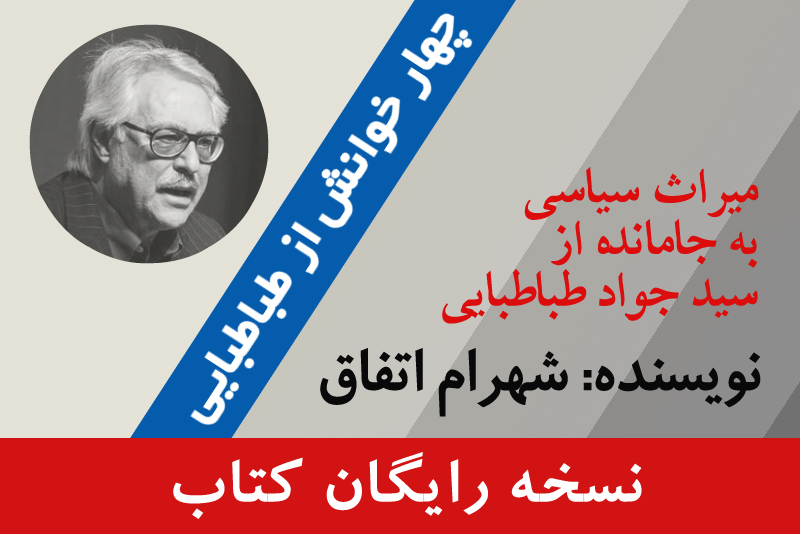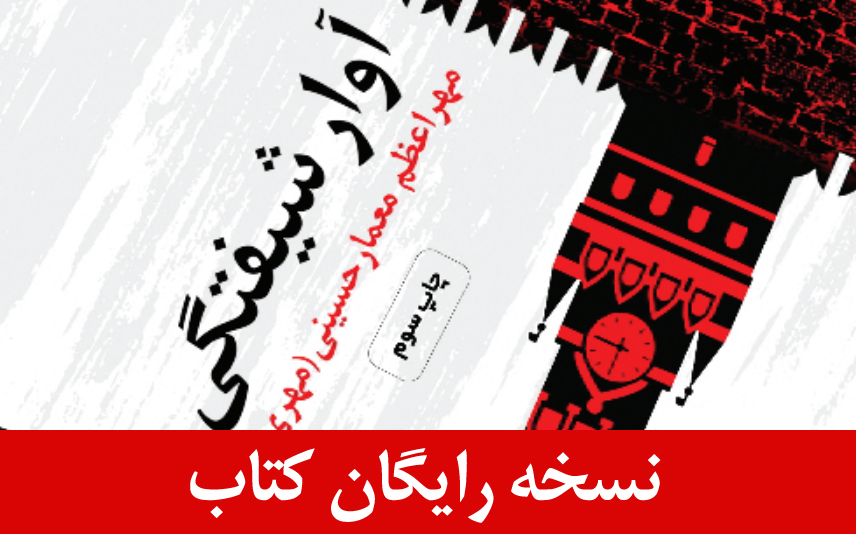| صفحه نخست | خبر و گزارش | سياست | انديشه | فرهنگ و ادبيات | زندگی | محیط زیست | RSS |
iran-emrooz.net | Wed, 07.02.2007, 23:05
ممنوعیت سفر، فعالان اجتماعی را از جامعه مدنی جهانی منزوی میکند
ایران: منع فعالان اجتماعی از سفر به خارج از کشور
(نیویورک، هشتم فوریه ٢٠٠٧) – دیده بان حقوق بشر امروز دربیانیه ای از دولت ایران خواست که فورا ممنوعیت سفر به خارج از کشور که از حضور فعالان حقوق بشر و روزنامهنگاران در مجامع بینالمللی جلوگیری میکند را مرتفع سازد.
طی ماههای گذشته، ماموران امنیتی بارها پاسپورت فعالان اجتماعی که برای شرکت در کنفرانسهای بینالمللی عازم خارج از کشور بودهاند را ضبط کردهاند. در بعضی از موارد، ماموران امنیتی همچنین به بازداشت و بازجویی این فعالان هنگام بازگشت به کشور اقدام کردهاند.
سارا لی ویتسون مدیر بخش خاورمیانه سازمان دیدهبان حقوق بشر در این زمینه گفت: "دولت ایران در عمل اعضای جامعه مدنی ایران را تحت بازداشت خانگی ملی قرار داده است. بعد از خاموش کردن صدای فعالان اجتماعی در داخل ایران، هم اکنون دولت مانع از بیان عقاید و نظراتشان در خارج از کشور میشود."
در چهارم فوریه، ماموران وزارت اطلاعات، زمانی که هاشم آقاجری و عبدالله مومنی دو تن از فعالان برجسته ایرانی راهی هواپیما میشدند تا در یک کنفرانس بینالمللی در دانشگاه MIT ماساچوست در خصوص اصلاحات سیاسی در ایران شرکت کنند را از سفر بازداشتند. آقاجری استاد تاریخ در دانشگاه تربیت مدرس است ومومنی سخنگوی سازمان ادوار دفتر تحکیم است.
پاسپورتهای آقاجری و مومنی هر دو در فرودگاه امام خمینی مهر خروج خورده بود. هنگامی که آنها منتظر سوار شدن به هواپیما بودند، ماموران لباس شخصی پاسپورتهای آنها را ضبط کردند و به آنها تصریح کردند که امور گذرنامهای دفتر ریاست جمهوری، زیرنظر دادگاه انقلاب مسئولیت ممنوعیت سفر آنها را به عهده دارد.
در حادثه مشابه دیگری، مامورین منصوره شجاعی، طلعت تقینیا و فرناز سیفی، فعال حقوق بشر و روزنامهنگار را که برای سوار شدند به هواپیما به منظور شرکت دریک کارگاه روزنامهنگاری درهند در تاریخ ٢٧ ژانویه آماده میکردند، بازداشت کردند. ماموران امنیتی سپس به تجسس خانههای افراد یاد شده پرداختند و متعلقات شخصیشان، رایانهها، کتاب، دست نوشتههایشان را ضبط کردند و آنها را به بند ٢٠٩ زندان اوین در تهران منتقل نمودند که توسط ورازت اطلاعات اداره میشود.
شیرین عبادی وکیل زنان یاد شده و برنده جایزه صلح نوبل در سال ٢٠٠٣، به سازمان دیدهبان حقوق بشر گفت که هیچ حکم بازداشتی پیش از دستگیری زنان یاد شده وجود نداشته است. در ٢٨ ژانویه، بعد از بازجویی سه زن یاد شده، ماموران آنها را به "اقدام علیه امنیت ملی" متهم کردند و با قرار کفالت آزاد کردند. در ماه نوامبر نیز مامورین پاسپورت یکی دیگر از فعالان حقوق زنان، سوسن طهماسبی، را هنگام بازگشتش از یک سفر به ایران در فرودگاه ضبط کردند.
در ١٣ ژانویه، مامورین امنیتی از سفر تقی رحمانی نویسنده و فعال جامعه مدنی برای سفر به دانمارک، جایی که انجمن قلم از وی برای ارائه چندین سخنرانی دعوت به عمل آورده بود، جلوگیری کردند. رحمانی به سازمان دیدهبان حقوق بشر گفت: "همه کارهای قانونی برای خروج از کشور انجام شده بود و ماموران پاسپورت من را مهر خروج زدند. در حالی که منتظر بودم سوار هواپیما شوم، گروهی از ماموران لباس شخصی به من نزدیک شدند و گفتند که ممنوعالخروج شدهام. آنها پاسپورت مرا ضبط کردند و به من گفتند که برای پیگیری امور مربوط به پاسپورتم به دفتر امور گذرنامه رييس جمهوري مراجعه کنم." رحمانی افزود: " وقتی که به آنجا رفتم آنها به من خاطر نشان کردند که معاون امنیتی دادگاه انقلاب که توسط دادستان کل تهران سعید مرتضوی اداره میشود دستور ممنوع الخروجی من را داده است و تا الان هم نتوانستهام پاسپورت را پس بگیرم."
در بیست وششم نوامبر، ماموران امنیتی در تهران علی فرحبخش روزنامهنگار و اقتصاددان را یک هفته بعد از اینکه از کنفرانسی که برای روزنامهنگاران در هند برگزار میشد، بازداشت کردند. قبل از بازداشت وی، ماموران امنیتی چندین روز او را برای بازجویی فراخواندند و تلاش کردند او را برای اعتراف به اینکه امنیت ملی را به مخاطره انداخته است، وادار کنند. بعد از اینکه او از این کار سرباز زد، ماموران امنیتی او را بازداشت کردند. خانواده او به دیدهبان حقوق بشر گفتند که او دربند ٢٠٩ زندان اوین نگهداری می شود. او به مدت ٤٤ روز در سلول انفرادی بوده است .
طی یک سال گذشته، دولت چندین فعال حقوق بشر و نویسنده را از جمله عیسی سحرخیز، عماد باقی، فاطمه گوارایی و احمد قابل را از سفر به خارج از کشور منع کرده است. ممنوعیت سفر توسط دولت مخالف قوانین ایران همچنین مخالف تعهدات دولت تحت قوانین بینالمللی است.
قوانین دولت ایران تنها اجازه میدهد افرادی که رسما به ارتکاب جرم متهم شدهاند با حکم رسمی دادگاه ممنوع الخروج شوند. در چهارم فوریه، یکی از مقامات قضایی تهران، صابری ظفرقندی، به خبرنگاران گفت که "افراد متهم" تحت ماده ١٣٣ آیین دادسرای کیفری دادگاههای عمومی میتوانند ازسفر به خارج ازکشور منع شوند. ماده ١٣٣ میگوید:" با توجه به اهمیت و دلایل جرم دادگاه میتواند ...قرار عدم خروج متهم را از کشور صادر نماید."
ليكن هیچ یک از فعالان و روزنامهنگاران یاد شده به هیچ جرمی متهم نشده بودند و بنابراین هیچ کدام از آنها نمیتوانستند موضوعی برای شامل ماده ١٣٣ باشند. به علاوه، هیچ کدام از افراد یاد شده همچنان که ماده ١٣٣ ملزم میدارد، هیچ ابلاغی از سوی دادگاه مبنی برممنوع الخروج بودند دریافت نکردهاند.
قوانین بین المللی تضمین میکند که همه ایرانیان حق خروج و بازگشت به کشور را دارا هستند. میثاق بینالمللی حقوق سیاسی و مدنی، که ایران آن را تصویب کرده است، در ماده ١٢ خود تصریح میکند که " هر کسی باید آزاد باشد هر کشوری و از جمله کشور خودش را ترک کند." و به علاوه "هیچ کس نباید به صورت دلبخواهانه افراد را از این که به کشور خودش وارد شود محروم کند."
محدودیت در خصوص این حق تنها زمانی مجاز است که توسط قانون تجویز شده باشد و "برای حفاظت از امنیت ملی، نظم عمومی، سلامت عمومی و مسائل اخلاقی و حقوق و آزادیهای دیگران، ضروری باشد" که با دیگر قوانین پایهای و اساسی سازگار است، موادی که دولت آنها را اقامه نکرده است. هیچ کدام از ایرانیهای که از سفر منع شدند به هیچ جرمی در زمانی که کشور را ترک میکردند، متهم نشده بودند.
سارا لی ویتسون دراین زمینه گفت: "دولت ایران حقوق اساسی این مردان و زنانی که می خواستند کشور را ترک کنند و به آن بازگردند را نقص کرده است و آنها این کاررا بدون توجه به قوانین ایران انجام دادند."
سازمان دیده بان حقوق بشر از دولت ایران خواسته است که به آزار واذیت فعالان اجتماعی از طریق ممنوع کردن آنها از سفر به خارج از کشور پایان دهد.
For Immediate Release
Iran: Activists Barred From Traveling Abroad
Travel Bans Isolate Activists From International Civil Society
(New York, February 8, 2007) – The Iranian government should immediately lift foreign travel bans used to prevent human rights activists and journalists from attending international forums, Human Rights Watch said today.
In recent months, Iranian security forces have repeatedly confiscated passports of activists as they prepared to leave for international conferences. In some cases, the authorities detained and interrogated activists upon their return to Iran.
“The Iranian government is effectively putting the country’s civil society leaders under national house arrest,” said Sarah Leah Whitson, Middle East director at Human Rights Watch. “After silencing activists inside Iran, the government is preventing them from expressing their views outside the country as well.”
On February 4, representatives of the Information Ministry prevented two prominent activists, Hashim Aghajari and Abdullah Momeni, from departing on a plane to attend an international conference at the Massachusetts Institute of Technology on political reform in Iran. Aghajari is a history professor at Tehran’s Tarbiat Modares University, and Momeni is a spokesman for an organization of former student activists.
Both Aghajari and Momeni had their passports processed and stamped with an exit permit in Tehran’s Imam Khomeini airport. While they waited to board the plane, however, plainclothes officials confiscated their passports and notified them that the Passport Services division of the Presidential Executive Office, under the order of the Revolutionary Court, has imposed a travel ban on them.
In another recent incident, authorities detained Mansoureh Shojai, Sadigheh Tal’at Taghinia and Farnaz Seifi, who are women’s rights activists and journalists, as they were preparing to board a plane to attend a journalism workshop in India on January 27. The security forces subsequently searched the women’s homes, confiscating their personal belongings, including cell phones, computers, books, and notes, and transferred them to section 209 of Tehran’s Evin prison, which is run by Iran’s security services.
Shirin Ebadi, the women’s lawyer and the 2003 Nobel Peace Prize winner, told Human Rights Watch that there was no prior arrest warrant against the women. On January 28, after interrogating the three women, the authorities charged them with “acting against national security” and released them on bail. The authorities also confiscated the passport of another women’s rights activist, Sussan Tahmasebi, upon her return from a trip abroad in November.
On January 13, security forces at the airport prevented Taghi Rahmani, a writer and civil society activist, from traveling by plane to Denmark, where the PEN Association of Denmark had invited him to deliver a series of lectures.
“All of my official papers were processed in the airport, and the passport authorities stamped my passport with an exit stamp,” Rahmani told Human Rights Watch. “As I was waiting to board the airplane, however, a group of plainclothes security agents approached me and told me that I was banned from leaving the country.”
“They confiscated my passport and told me to follow up with the Passport Services division of the Presidential Executive Office,” Rahmani added. “After I went there, they notified me that the Revolutionary Court’s Deputy for Security, supervised by Tehran’s prosecutor general, Saeed Mortazavi, had issued the order to ban me from travel. I have not been able to recover my passport so far.”
On November 26, the security forces in Tehran detained Ali Farahbakhsh, a journalist and economist, one week after he had returned from a conference for journalists held in India. Before detaining him, the security services took him in for interrogation each day and pressured him to make confessions that he had endangered national security. After he refused, the authorities detained him. His family told Human Rights Watch that he is being held in section 209 of Evin prison. He was held in solitary confinement for 44 days.
Over the past year, the government has barred several other prominent human rights defenders and writers, including Issa Saharkhiz, Emad Baghi, Fatimeh Govarai and Ahmad Ghabel, from traveling outside Iran.
The government’s travel bans are contrary to Iranian law as well as the country’s obligations under international law.
Iranian law only permits foreign travel bans upon court order for persons formally accused of criminal offenses. On February 4, an official with the Tehran Judiciary, Saberi Zafarghandi, told reporters that “accused persons” can be banned from traveling abroad under article 133 of the Procedures for Criminal Courts. Article 133 provides that, “taking into account the weight of the evidence underlying the charges brought against the accused, a court can ... issue an order to ban the accused of traveling abroad.”
However, none of the activists and journalists subject to the travel bans had been charged with a criminal offense, and therefore none of them can be considered as an “accused person” under article 133. In addition, none of those subject to these travel bans had received any notice from any court of a travel ban against them, as is required by article 133.
International law ensures that all Iranians have a right to leave and return to Iran. The International Covenant on Civil and Political Rights, which Iran has ratified, in article 12 establishes that “everyone shall be free to leave any country, including his own” and that “no one shall be arbitrarily deprived of the right to enter his own country.”
Restrictions on this right are only permissible when they are prescribed by law, are “necessary to protect national security, public order, public health or morals or the rights and freedoms of others,” and are consistent with other fundamental rights – elements which the government has not established. However, none of the Iranians barred from travel had been charged with any offenses, such as threatening national security, when they attempted to travel abroad.
“The Iranian government violated the fundamental right of these men and women to leave and return their country,” said Whitson. “And they did so without regard to Iranian law.”
Human Rights Watch called on the Iranian government to end its persecution of civil society activists by banning them from foreign travel.
For broadcast-quality audio commentary by Iran researcher Hadi Ghaemi on freedom of expression concerns in Iran over the last year, please visit:
* In English: http://hrw.org/audio/2007/wr2k7/english/mena/iran.mp3
* In Persian: http://hrw.org/audio/2007/wr2k7/farsi/iran_fa.mp3
For further information, please contact:
In New York, Hadi Ghaemi (English, Persian): +1-212-216-1231; or +1-917-669-5996 (mobile)
For Immediate Release
Iran: Activists Barred From Traveling Abroad
Travel Bans Isolate Activists From International Civil Society
(New York, February 8, 2007) – The Iranian government should immediately lift foreign travel bans used to prevent human rights activists and journalists from attending international forums, Human Rights Watch said today.
In recent months, Iranian security forces have repeatedly confiscated passports of activists as they prepared to leave for international conferences. In some cases, the authorities detained and interrogated activists upon their return to Iran.
“The Iranian government is effectively putting the country’s civil society leaders under national house arrest,” said Sarah Leah Whitson, Middle East director at Human Rights Watch. “After silencing activists inside Iran, the government is preventing them from expressing their views outside the country as well.”
On February 4, representatives of the Information Ministry prevented two prominent activists, Hashim Aghajari and Abdullah Momeni, from departing on a plane to attend an international conference at the Massachusetts Institute of Technology on political reform in Iran. Aghajari is a history professor at Tehran’s Tarbiat Modares University, and Momeni is a spokesman for an organization of former student activists.
Both Aghajari and Momeni had their passports processed and stamped with an exit permit in Tehran’s Imam Khomeini airport. While they waited to board the plane, however, plainclothes officials confiscated their passports and notified them that the Passport Services division of the Presidential Executive Office, under the order of the Revolutionary Court, has imposed a travel ban on them.
In another recent incident, authorities detained Mansoureh Shojai, Sadigheh Tal’at Taghinia and Farnaz Seifi, who are women’s rights activists and journalists, as they were preparing to board a plane to attend a journalism workshop in India on January 27. The security forces subsequently searched the women’s homes, confiscating their personal belongings, including cell phones, computers, books, and notes, and transferred them to section 209 of Tehran’s Evin prison, which is run by Iran’s security services.
Shirin Ebadi, the women’s lawyer and the 2003 Nobel Peace Prize winner, told Human Rights Watch that there was no prior arrest warrant against the women. On January 28, after interrogating the three women, the authorities charged them with “acting against national security” and released them on bail. The authorities also confiscated the passport of another women’s rights activist, Sussan Tahmasebi, upon her return from a trip abroad in November.
On January 13, security forces at the airport prevented Taghi Rahmani, a writer and civil society activist, from traveling by plane to Denmark, where the PEN Association of Denmark had invited him to deliver a series of lectures.
“All of my official papers were processed in the airport, and the passport authorities stamped my passport with an exit stamp,” Rahmani told Human Rights Watch. “As I was waiting to board the airplane, however, a group of plainclothes security agents approached me and told me that I was banned from leaving the country.”
“They confiscated my passport and told me to follow up with the Passport Services division of the Presidential Executive Office,” Rahmani added. “After I went there, they notified me that the Revolutionary Court’s Deputy for Security, supervised by Tehran’s prosecutor general, Saeed Mortazavi, had issued the order to ban me from travel. I have not been able to recover my passport so far.”
On November 26, the security forces in Tehran detained Ali Farahbakhsh, a journalist and economist, one week after he had returned from a conference for journalists held in India. Before detaining him, the security services took him in for interrogation each day and pressured him to make confessions that he had endangered national security. After he refused, the authorities detained him. His family told Human Rights Watch that he is being held in section 209 of Evin prison. He was held in solitary confinement for 44 days.
Over the past year, the government has barred several other prominent human rights defenders and writers, including Issa Saharkhiz, Emad Baghi, Fatimeh Govarai and Ahmad Ghabel, from traveling outside Iran.
The government’s travel bans are contrary to Iranian law as well as the country’s obligations under international law.
Iranian law only permits foreign travel bans upon court order for persons formally accused of criminal offenses. On February 4, an official with the Tehran Judiciary, Saberi Zafarghandi, told reporters that “accused persons” can be banned from traveling abroad under article 133 of the Procedures for Criminal Courts. Article 133 provides that, “taking into account the weight of the evidence underlying the charges brought against the accused, a court can ... issue an order to ban the accused of traveling abroad.”
However, none of the activists and journalists subject to the travel bans had been charged with a criminal offense, and therefore none of them can be considered as an “accused person” under article 133. In addition, none of those subject to these travel bans had received any notice from any court of a travel ban against them, as is required by article 133.
International law ensures that all Iranians have a right to leave and return to Iran. The International Covenant on Civil and Political Rights, which Iran has ratified, in article 12 establishes that “everyone shall be free to leave any country, including his own” and that “no one shall be arbitrarily deprived of the right to enter his own country.”
Restrictions on this right are only permissible when they are prescribed by law, are “necessary to protect national security, public order, public health or morals or the rights and freedoms of others,” and are consistent with other fundamental rights – elements which the government has not established. However, none of the Iranians barred from travel had been charged with any offenses, such as threatening national security, when they attempted to travel abroad.
“The Iranian government violated the fundamental right of these men and women to leave and return their country,” said Whitson. “And they did so without regard to Iranian law.”
Human Rights Watch called on the Iranian government to end its persecution of civil society activists by banning them from foreign travel.
For broadcast-quality audio commentary by Iran researcher Hadi Ghaemi on freedom of expression concerns in Iran over the last year, please visit:
* In English: http://hrw.org/audio/2007/wr2k7/english/mena/iran.mp3
* In Persian: http://hrw.org/audio/2007/wr2k7/farsi/iran_fa.mp3
For further information, please contact:
In New York, Hadi Ghaemi (English, Persian): +1-212-216-1231; or +1-917-669-5996 (mobile)
|
| |||||||||||||
|
ايران امروز
(نشريه خبری سياسی الکترونیک)
«ايران امروز» از انتشار مقالاتی كه به ديگر سايتها و نشريات نيز ارسال میشوند معذور است. استفاده از مطالب «ايران امروز» تنها با ذكر منبع و نام نويسنده يا مترجم مجاز است.
Iran Emrooz©1998-2025 | editor@iran-emrooz.net
|
